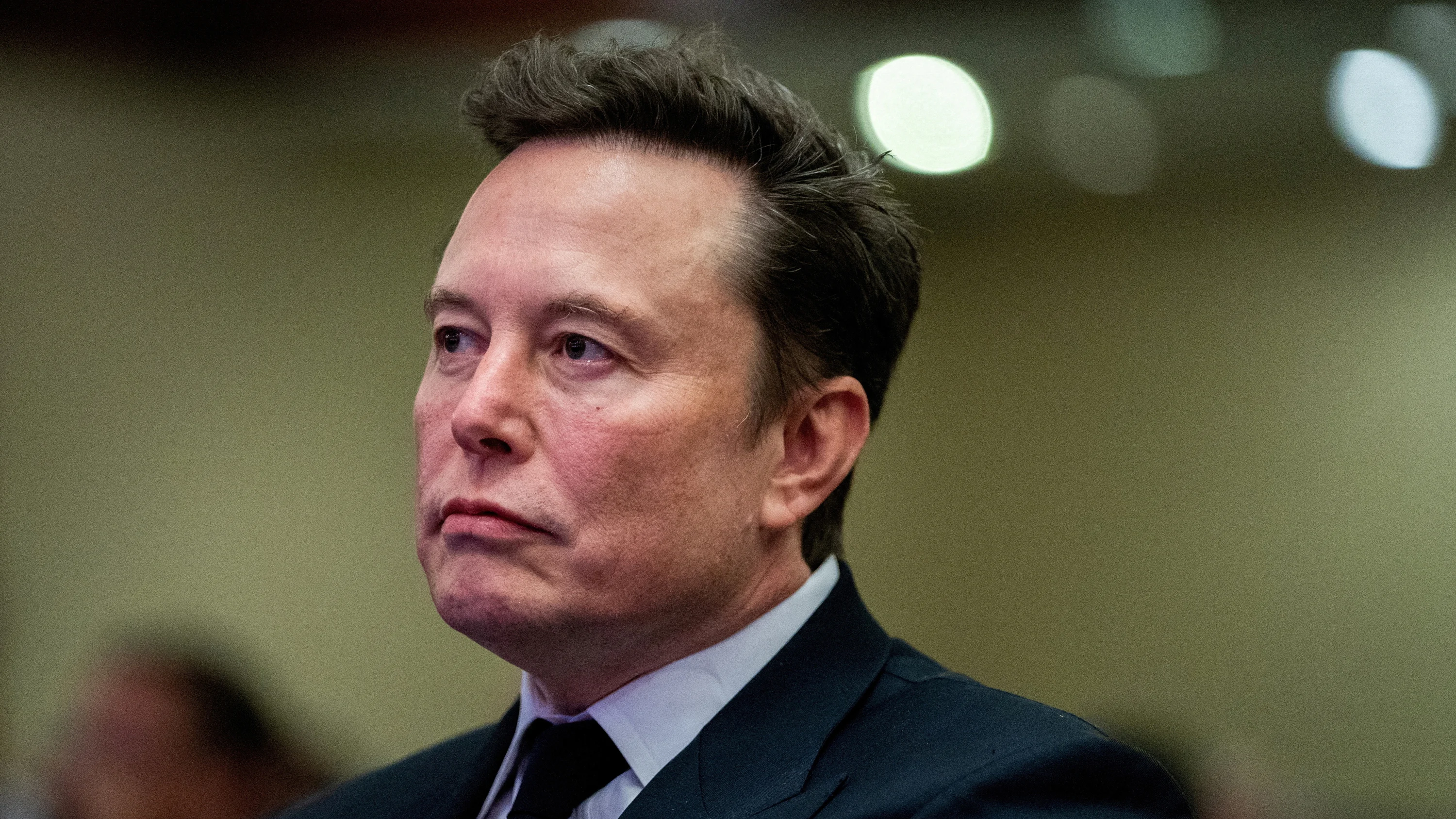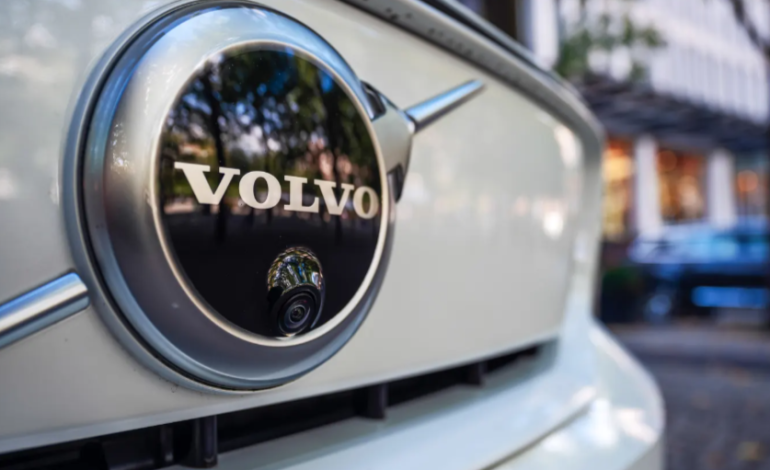Swedish automaker Volvo Cars announced on Wednesday that it is adjusting its goal to sell only electric vehicles (EVs) by 2030, citing the need for a more “pragmatic and flexible” approach in response to changing market conditions and cooling demand, CNBC reports.
The company, owned by China’s Geely Holding, had previously been one of the first legacy carmakers to commit to a full transition to EVs.
Volvo Cars now aims for 90% to 100% of its sales by 2030 to be fully electric or plug-in hybrid models, with up to 10% allowing for mild hybrid options. This revision marks a shift from the company’s earlier pledge, made in 2021, to offer a fully electric lineup by the end of the decade.
The decision aligns Volvo with other major automakers, such as Germany’s Mercedes-Benz Group and Volkswagen, which have also scaled back their EV ambitions in response to market realities.
“An electric car provides a superior driving experience and increases possibilities for using advanced technologies that improve the overall customer experience,” said Volvo Cars CEO Jim Rowan in a statement.
However, Rowan acknowledged that the transition to electrification is not progressing at a uniform pace across markets, necessitating a more adaptable strategy.
Despite the revised target, Volvo Cars maintains its long-term ambition to become a fully electric carmaker. The company reported that fully electric vehicles made up 26% of its sales in the second quarter of 2024, the highest proportion among its premium competitors. The combined share of electrified vehicles, including EVs and plug-in hybrids, accounted for 48%.
Volvo Cars pointed to several challenges impacting its electrification plans, including a slower-than-expected rollout of charging infrastructure, the withdrawal of government incentives in certain regions, and uncertainty from new tariffs on EVs. These factors, the company argued, highlight the ongoing need for stronger and more consistent government policies to support the transition away from fossil fuels.
Following the announcement, shares of Volvo Cars dropped by more than 4% on Wednesday, reflecting investor concerns over the company’s revised strategy.









